New documentary exposes dark side of backpacking farm work in Australia
A girl who was whipped and told to work naked by her employer has hit back with a film which exposes Australia’s sordid underbelly.
A disturbing new documentary from a British filmmaker has exposed a sordid underbelly of the Australian farming industry — one that has led to sexual abuse, disgraceful living conditions and even death.
Katherine Stoner — who was subject to bizarre sexual taunts during her own stint as a farm worker in a bid to extend her Working Holiday Visa — has battled through incessant trolling and secrecy to expose the shocking conditions some backpacking workers are subject to.
Ms Stoner told news.com.au she had been whipped with garlic and smacked on the bum by a farm worker as she toiled away on a production line when she was 18.
After hearing of similar experiences from other travellers, she decided to make a film to highlight the scale of the problem.
“We’ve heard of so many backpackers who have gone through similar experiences — they’ve heard farmers being racist or verbally abusive,” she told news.com.au.
“I have even heard about instances of backpackers being physically assaulted by farmers.”
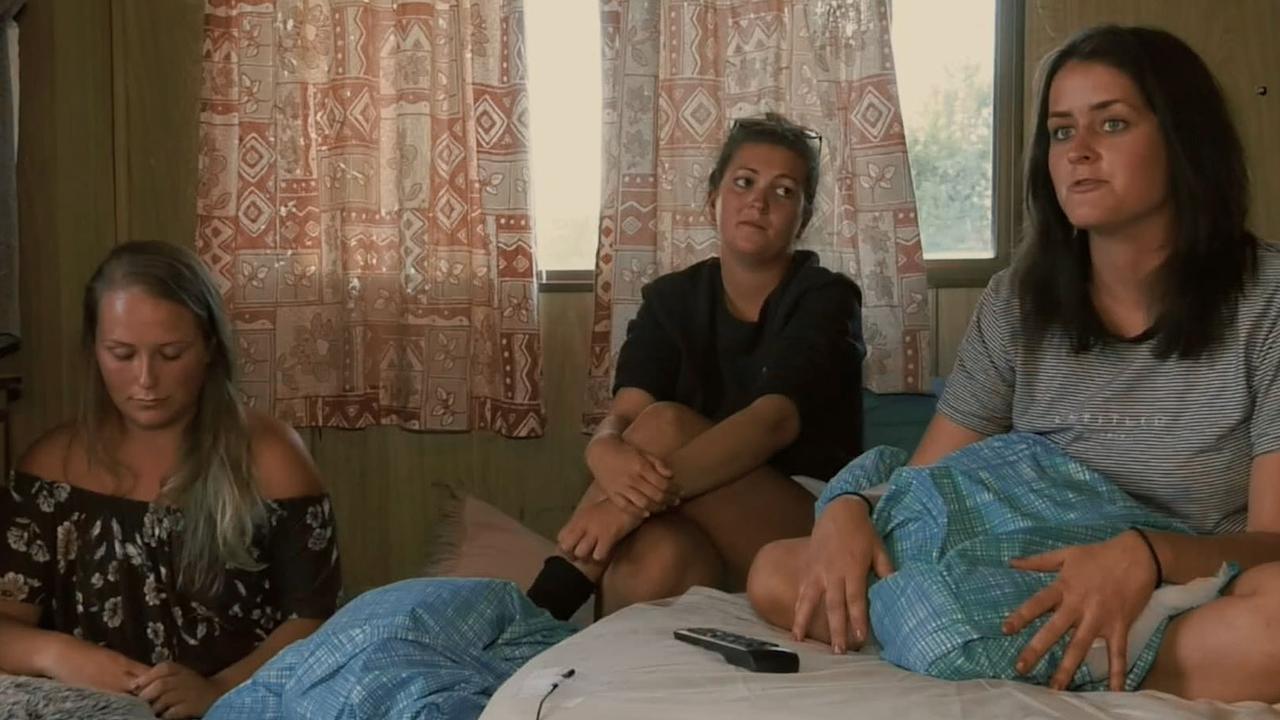
She claims backpackers are lured to extend their visas by the prospect of adventure and excitement in the Australian country, but they often find the reality is vastly different.
In her film, 88 Days, she speaks to backpackers who say sexual abuse from their managers and bosses at certain farms is commonplace.
One British backpacker, who appeared in the film and worked in Mildura, Victoria said one of the farm managers she and her friends worked under made a comment about one of the girl’s “camel toe”.
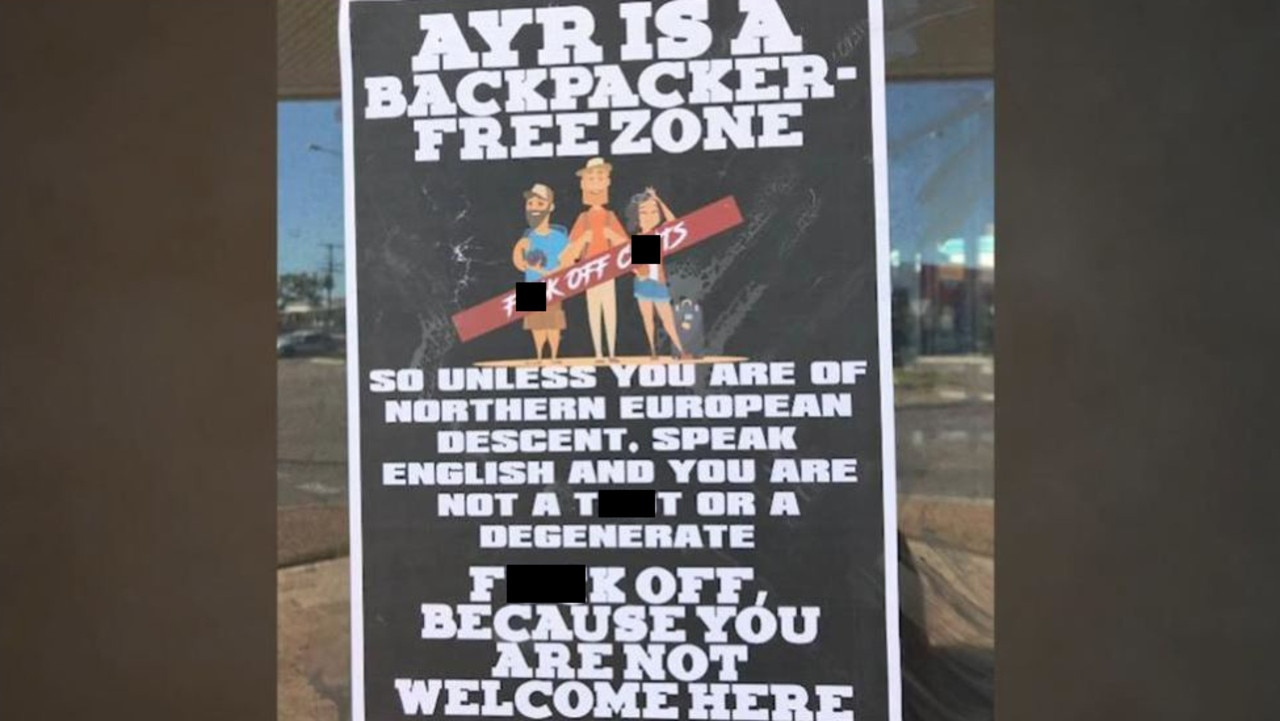
When they told the farm’s owner about the lewd remark, the backpacker said she was told she should wear shorts over her leggings because he didn’t want “any of his male employees to get in trouble for saying something”.
“And, they (the farm managers) would just make comments about your t*ts and stuff,” she added. “It was weird. They are sexist, a lot of them anyway.”
88 DAYS IS OUT NOW AND AVAILABLE TO WATCH ONLINE
Another European backpacker said she and friends were constantly living in fear because of their manager’s inappropriate comments and fierce temper.
The film also highlights the shocking conditions inside some of the working hostels used by farm workers — with guests at one particularly alarming South Australian hostel saying they had no drinking water and mice running around their room.
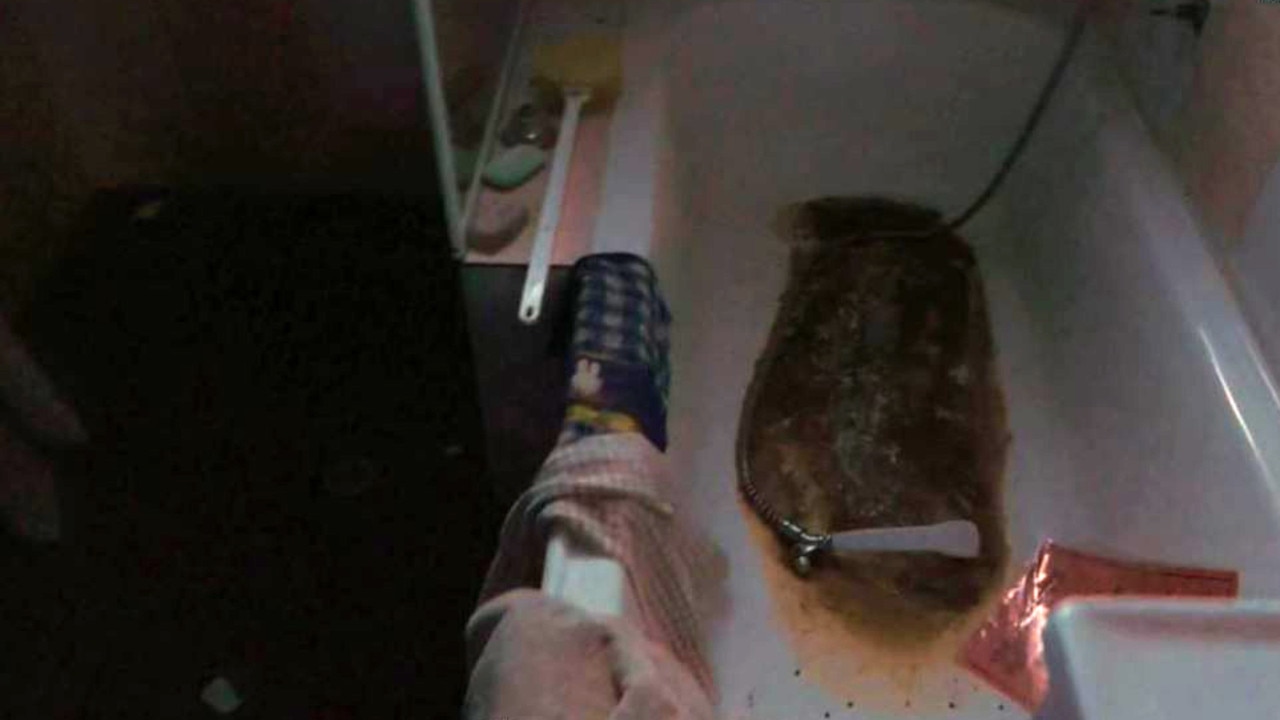
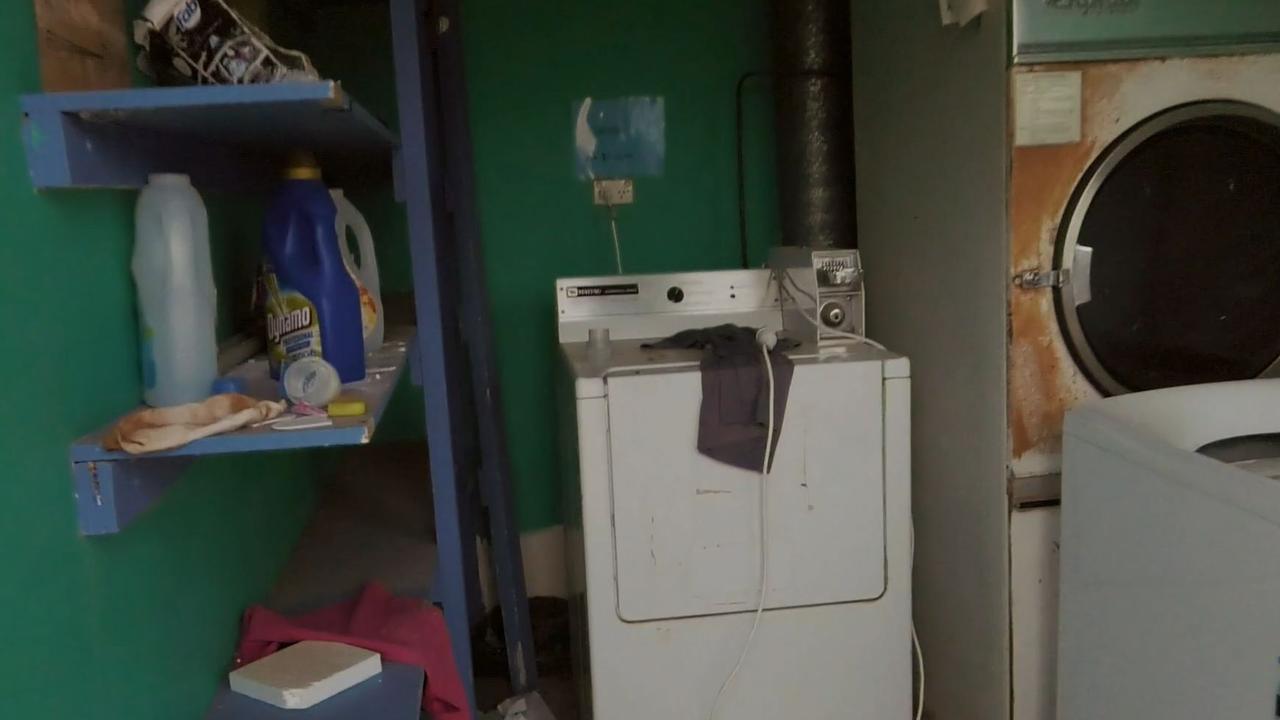
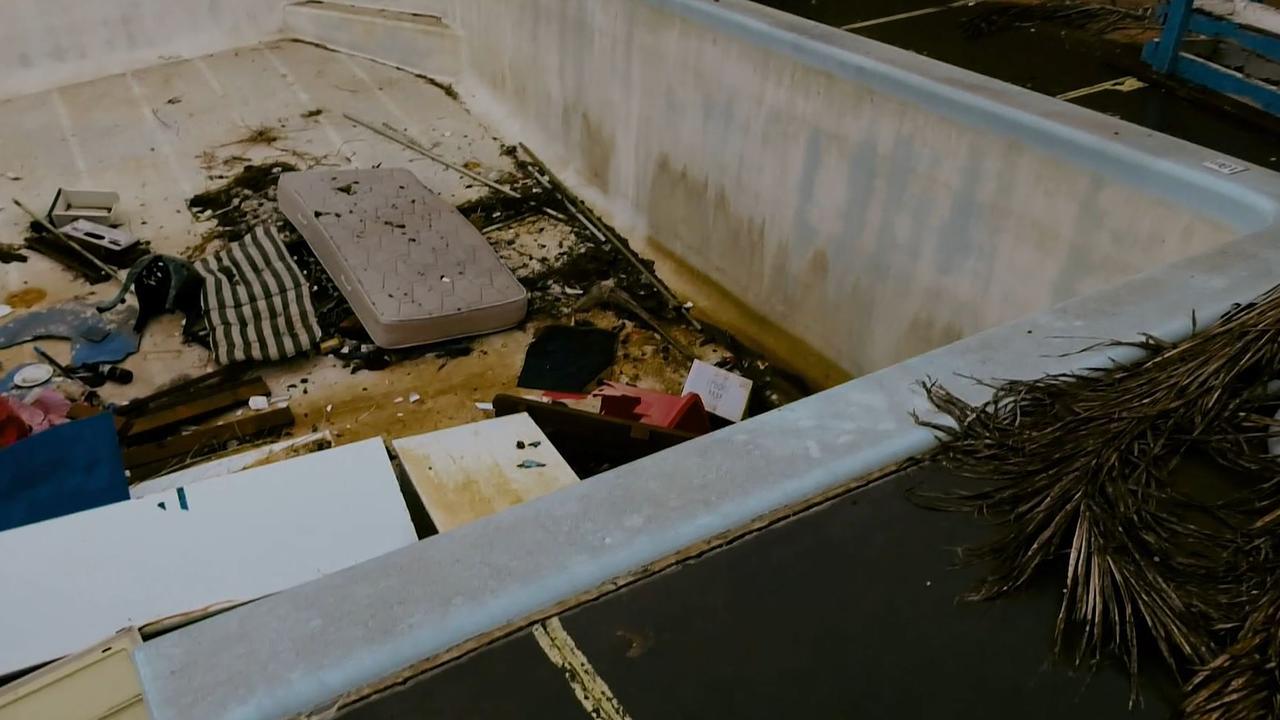
For some travellers, the journey to work out in rural Australia isn’t just an uncomfortable couple of months in a crumby hostel with physically demanding work and a morally-questionable boss — it’s the last adventure they ever go on.
Rosie Ayliffe, the mother of slain 21-year-old British backpacker Mia Ayliffe-Chung — who was dragged from her bed at the Home Hill hostel in north Queensland and stabbed multiple times in August 2016 — told the documentary she couldn’t believe the conditions she was reading about inside Australia’s working hostels.

She has become a campaigner for better conditions in farms employing backpackers — saying the vast majority of deaths and injuries endured by migrant workers never make the news — meaning a culture of incompetence and squalor was being swept under the carpet.
The heartbroken mother began to research the subject when she received a distressed phone call from her daughter before she died.
She said Mia’s killer, Smail Ayad, developed an obsession with her daughter and believed, because they were staying in the same room, that he owned Mia.
“She asked to move rooms and she wasn’t allow to,” she said.

The film also looks at the tragic 2017 death of Olivier Max Caramin, a Belgian backpacker who died on a farm south of Townsville — having only just arrived to North Queensland.
The 27-year-old collapsed while working on a watermelon farm near Ayr, where the temperature reached a top of 30.5C on the day he died.
Shane Roulstone, from the Australian Workers’ Union, told the film the number of deaths in the agricultural and horticultural sector over the past few years had been disproportionate to the amount of people who work in it.
Just today, Safe Work Australia data concerning deaths and serious injuries was analysed by Finder and its researchers found 18 per cent more agriculture, forestry and fishing workers died on the job in 2017 than 2016.
More worryingly, there were 16 deaths per 100,000 workers, which is more than double any other industry.

“Some people could say that that’s unfortunate,” Mr Roulstone said. “ But we don’t think it’s unfortunate, we think it’s unnecessary and could have been avoided.”
He added that the majority of Aussie farmers looked after their workers, but an unscrupulous minority were exploiting backpackers and he called for government intervention in the industry to make it safer.
KATHERINE STONER’S STORY
Aged 18, Ms Stoner wanted to spread her wings and explore before settling down into university life and jetted off to Sydney with her best friend.
“I wanted to go to Australia to travel and work on the other side of the world,” she told news.com.au. “But when we landed in Sydney, we found it hard to find work.
“We were both 18 with little experience and qualifications. So, we were applying for jobs in bars and cafes but we weren’t getting anywhere.”
It was then the young Brits saw adverts online for farm and fruit-picking jobs in the bush.
“It seemed really easy. All we had to do was email them and they said, ‘Come on over’,” said Ms Stoner.
The pair packed up and jumped on an eight-hour train ride.
“We got work pretty quickly and, within a few days of being there, we were in the fields picking peaches,” she said. “There was about 10 of us in total.
“It was long hours and long days in the sun, but the pay was OK so we didn’t mind.
“But it didn’t take long until we had picked all the peaches and the work ran out.
“He (the farmer) told the others that the work had dried up but for some reason he asked just me and my friend to stay on if we wanted.
“He would give us odd little jobs like trimming trees and that was when he started to get really weird.
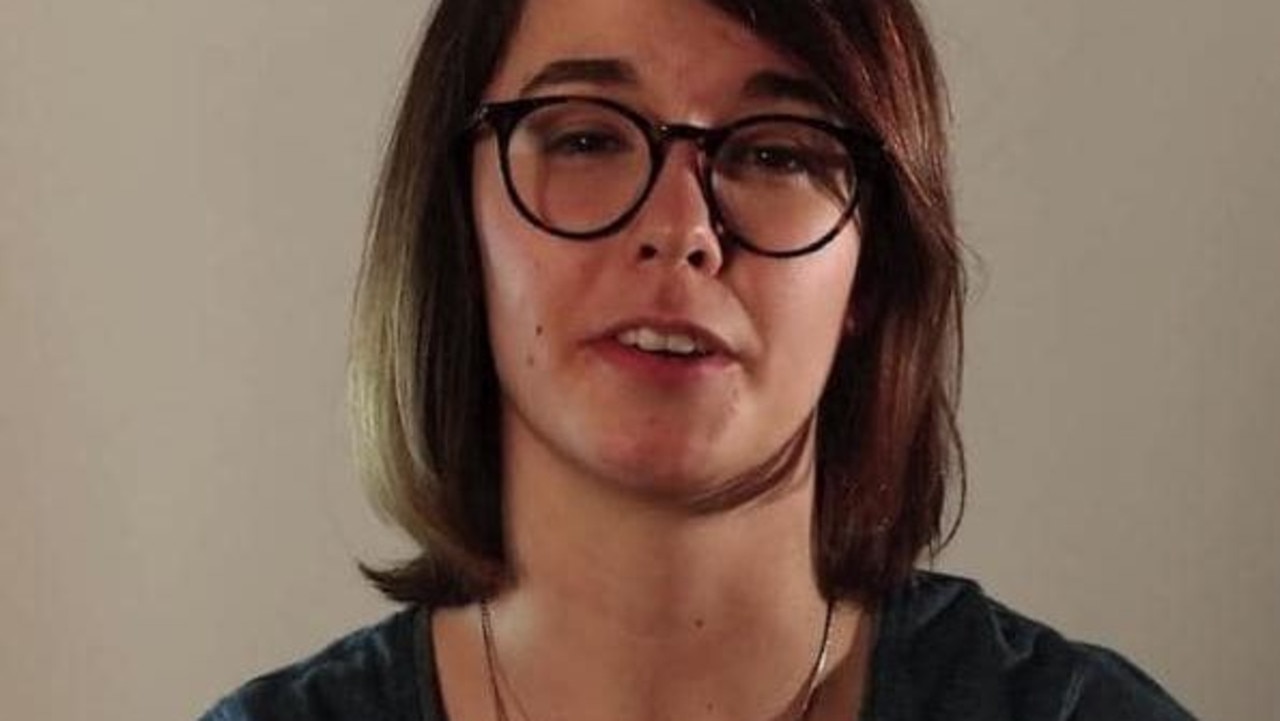
“My friend and I were out picking peaches alone in the field on a really scorching, sweaty day and he came over. He said we should work naked.”
Ms Stoner said the farmer then left but returned five minutes later asking why the pair hadn’t taken him up on his offer.
“We just didn’t know how to react,” she said. “We were just 18 in this field alone with this man with nobody else for miles around. I was really shook up by it.
“We just held on to the end of the day and quit the next day.”
Hoping the experience was just a one-off example of a bad employer, the pair stuck around for more farm work which came soon after.
They landed a two-week gig cleaning muddied garlic on a conveyor belt for 10 hours a day with eight other female backpackers.
“The farmers were shouting at us, telling us to work faster,” Ms Stoner said. “But, after a few days, then one of the older farmers picked up a garlic with these long green leaves and he started lightly tapping one of the girl’s bare legs.
“He then started circling us and gave us all a cheeky smack on our legs. He knew he could get away with it.”
The pair said they were too scared to report the behaviour to the police and thought it was just part of farm work for backpackers.
88 DAYS IS OUT NOW AND AVAILABLE TO WATCH ONLINE
Benjamin.graham@news.com.au




